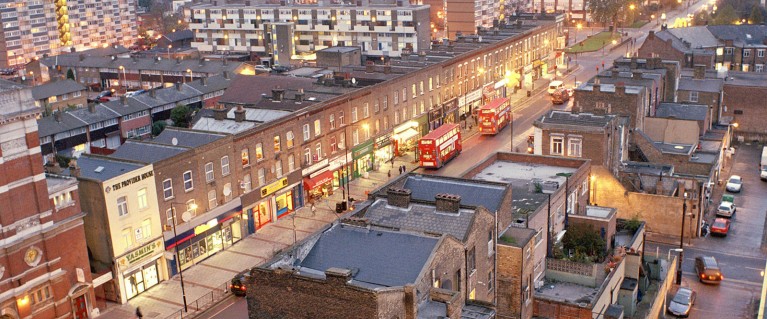
Empty and under-utilised homes
Given London’s chronic shortage of housing, the Mayor is aware that many people are concerned about homes being left empty or uninhabited for significant proportions of time. As detailed in the London Housing Strategy 2017, the Mayor encourages all councils to levy higher Council Tax on empty homes. Legislation adopted in 2018, following lobbying from the Mayor, gives local authorities the power to adopt higher Council Tax surcharges, up to 300 per cent, for ‘long-term empty dwellings’.
In order to understand this issue in greater detail, the Greater London Authority commissioned research to examine how we might go beyond the narrow statutory definition of an ‘empty home’ and develop a better understanding of under-utilised homes, including how homes can be defined consistently and identified accurately.
Building on existing definitions of ‘empty homes’, alongside examples of how people might typically inhabit a dwelling, the report puts forward a potential typology for under-utilisation. People’s lives are complex and fluctuating and as such their homes are used in a huge variety of ways. The report highlights the complexity of objectively classifying how homes are used, and the challenges of determining the patterns of use that could be considered problematic.
The research also highlights the severe limitations of existing data on empty homes. To address this problem, it examines the methods that could be used to quantify the scale and geographical distribution of empty or under-utilised homes. It notes that some of these methods would present ethical concerns, making the development of a robust evidence base problematic.
Given the complexity of characterising the range of dwelling under-utilisation, agreeing consensus on ‘problematic’ underuse and the difficulty in establishing a robust and comprehensive dataset that accurately describes the phenomena, there are significant barriers that would need to be overcome to explore policy interventions in this area.
Need a document on this page in an accessible format?
If you use assistive technology (such as a screen reader) and need a version of a PDF or other document on this page in a more accessible format, please get in touch via our online form and tell us which format you need.
It will also help us if you tell us which assistive technology you use. We’ll consider your request and get back to you in 5 working days.